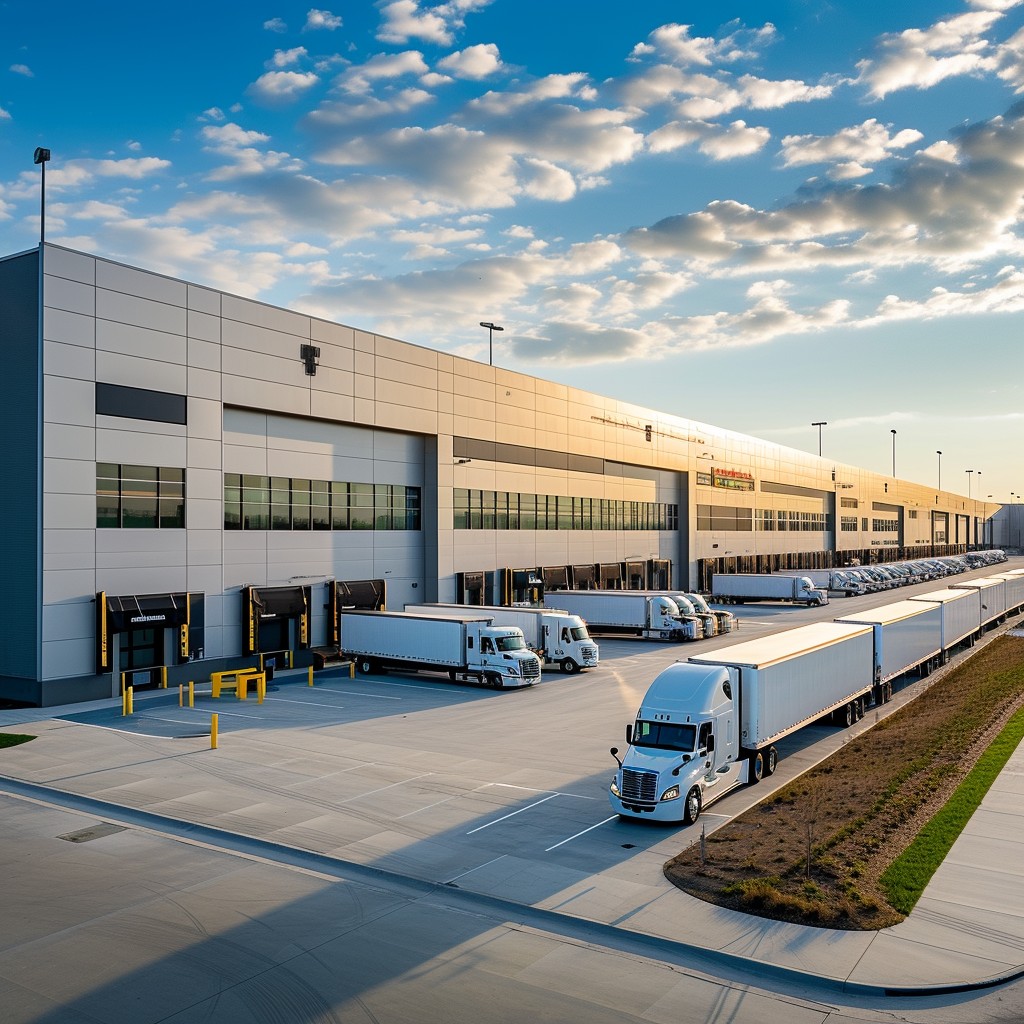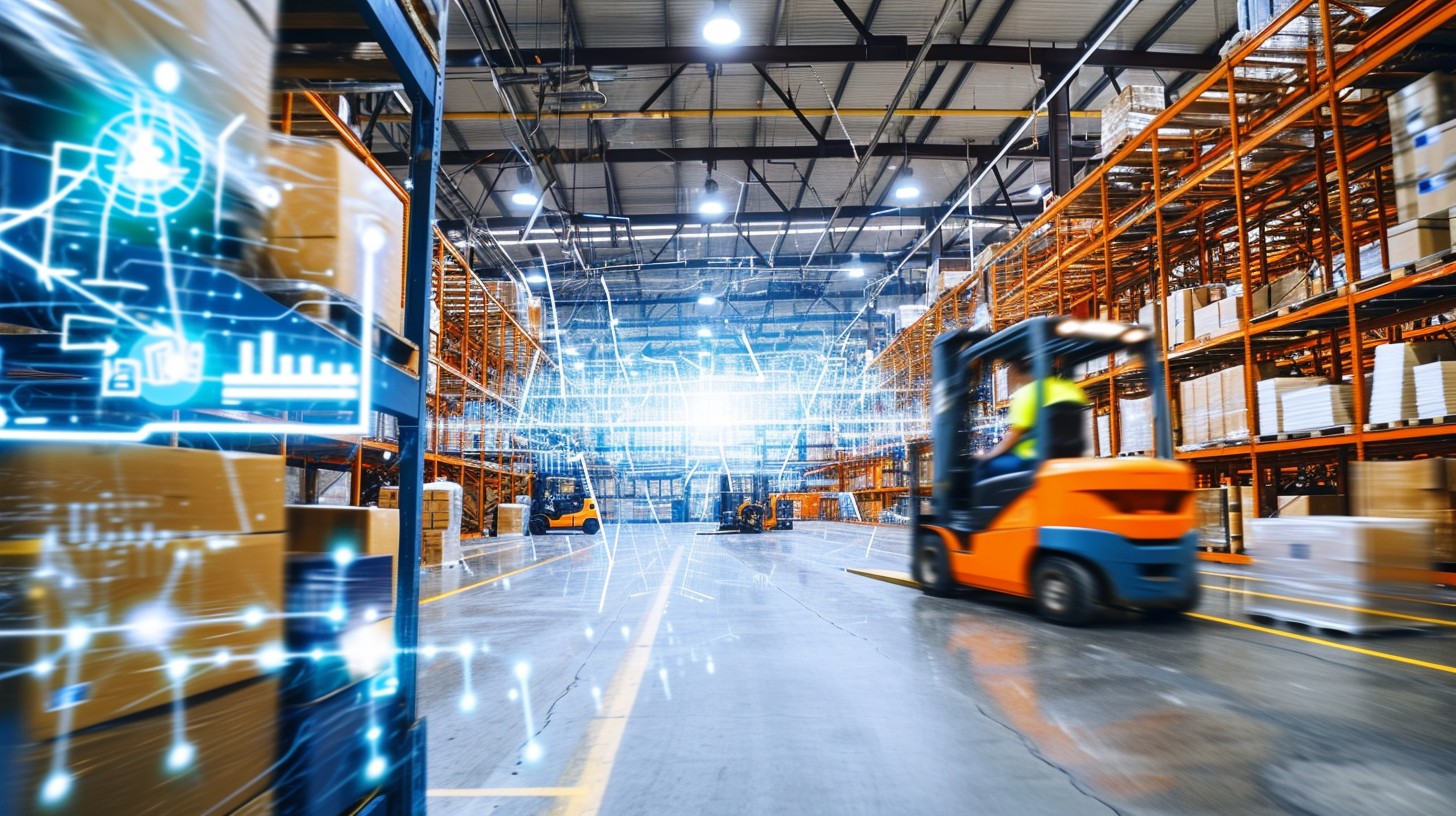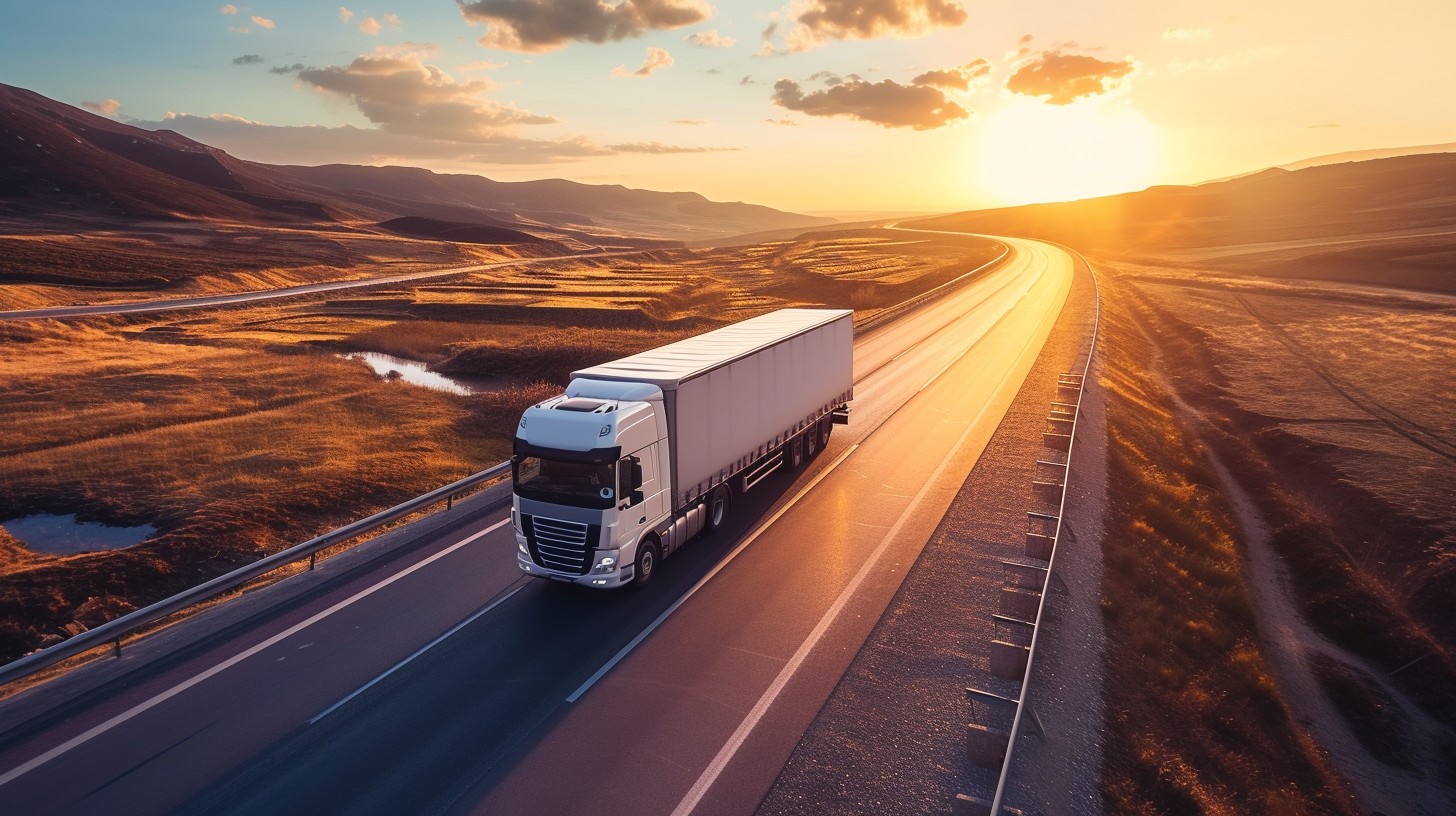
Importing Goods into Serbia: Key Regulations & Documentation
Serbia is a growing market at the crossroads of Europe. Its manufacturing, agriculture and technology sectors are developing quickly, and the country’s close ties with European Union (EU) member states make it an attractive destination for exporters. Whether you are shipping components to a factory near Belgrade or finished products for distribution, understanding Serbian import rules will help you avoid delays and unexpected costs.
Serbia’s economy and trade partners
Serbia has transitioned from a planned economy to a market-oriented one. Key industries include manufacturing, agriculture, services and information technology. The EU is Serbia’s largest trading partner, and the country has a Stabilization and Association Agreement with the EU that facilitates trade. Serbia is also part of the Central European Free Trade Agreement (CEFTA) and has agreements with the European Free Trade Association (EFTA) countries. Each agreement offers different tariff preferences, so it is important to identify which regime applies to your goods.
Customs regulations
Importers must register with the Customs Administration of Serbia and obtain an EORI (Economic Operators’ Registration and Identification) number. All goods entering the country must be declared using the Unique Customs Document (Jedinstvena carinska isprava). The declaration must include detailed information about the goods, their value and any supporting documents. For goods moving under transit to or from the EU, the New Computerised Transit System (NCTS) may be used.
Required documentation
To clear Serbian customs your shipment must be accompanied by:
- Commercial invoice - shows the value and description of the goods.
- Bill of lading or airway bill - proof of shipment and ownership.
- Packing list - details the contents and packaging of your consignment.
- Certificate of origin - required when claiming preferential duty rates under trade agreements.
- Import licence - mandatory for certain categories of goods.
- VAT declaration - declares the value-added tax payable on your goods.
- Other certificates or permits depending on the product (e.g. health certificates, conformity certificates).
Tariffs, taxes and fees
Import duties in Serbia are applied according to the EU’s Common Customs Tariff. For most goods the standard value-added tax (VAT) rate of 20 % applies, although reduced rates may be available for specific products. Some products such as alcohol, tobacco and petroleum are subject to excise duties. In addition to duties and taxes you must budget for customs clearance fees and any charges levied by your logistics partner.
Smooth customs clearance
All goods must pass through customs at the point of entry. Many businesses hire a licensed customs broker to prepare declarations, calculate duties and liaise with authorities. To avoid delays make sure your documents are complete and consistent, and plan enough lead time to account for customs processing. Using a digital transport platform such as Optimo Logistika can simplify the process by helping you generate documentation and track shipments in real time.
Plan your next shipment
When you are ready to ship to Serbia, our platform makes it easy to find routes and prices. Try our instant price calculator and get a cost estimate from Brno (CZ) to Belgrade (RS) or any other European origin in seconds. Accurate pricing and transparent processes help you deliver goods on time and on budget.


















